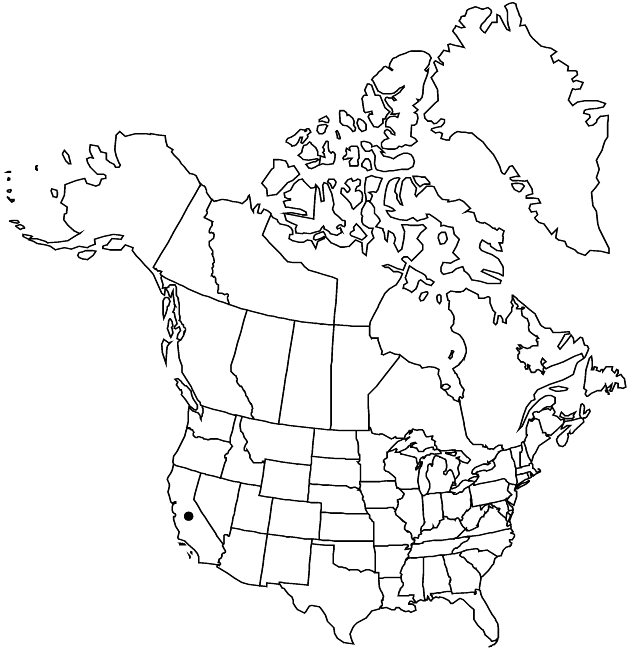Difference between revisions of "Rudbeckia californica"
Proc. Amer. Acad. Arts 7: 357. 1868.
FNA>Volume Importer |
FNA>Volume Importer |
||
| Line 47: | Line 47: | ||
|publication year=1868 | |publication year=1868 | ||
|special status= | |special status= | ||
| − | |source xml=https://jpend@bitbucket.org/aafc-mbb/fna-data-curation.git/src/ | + | |source xml=https://jpend@bitbucket.org/aafc-mbb/fna-data-curation.git/src/f50eec43f223ca0e34566be0b046453a0960e173/coarse_grained_fna_xml/V19-20-21/V21_92.xml |
|tribe=Asteraceae tribe Heliantheae | |tribe=Asteraceae tribe Heliantheae | ||
|subtribe=Asteraceae (tribe Heliantheae) subtribe Rudbeckiinae | |subtribe=Asteraceae (tribe Heliantheae) subtribe Rudbeckiinae | ||
Revision as of 20:41, 16 December 2019
Perennials, 50–180 cm (rhizomes stout, plants not colonial, roots fibrous). Leaves green, blades lanceolate to ovate or elliptic, herbaceous, sometimes pinnately lobed, bases attenuate, ultimate margins entire or coarsely toothed, apices acute, faces (abaxial) sparsely hairy or glabrous (adaxial); basal petiolate, 20–60 × 5–15 cm; cauline petiolate or sessile, 10–30 × 3–15 cm. Heads borne singly or (3–12) in ± corymbiform arrays. Phyllaries to 2 cm. Receptacles conic to columnar; paleae 5–6 mm, apices obtuse to acute, abaxial tips densely hairy. Ray florets 8–21; laminae linear to elliptic or oblong, 3–6 × 1–1.6 cm, abaxially hairy. Discs 15–60 × 14–25 mm. Disc florets 200–300+; corollas greenish yellow, 4–5 mm; style branches ca. 1.5 mm, apices acute to rounded. Cypselae 4–5 mm; pappi coroniform or of scales, to 1.5 mm. 2n = 36.
Phenology: Flowering summer–fall.
Habitat: Meadows, seeps, streamsides
Elevation: 1400–2400 m
Discussion
Rudbeckia californica grows in the central Sierra Nevada.
Selected References
None.
